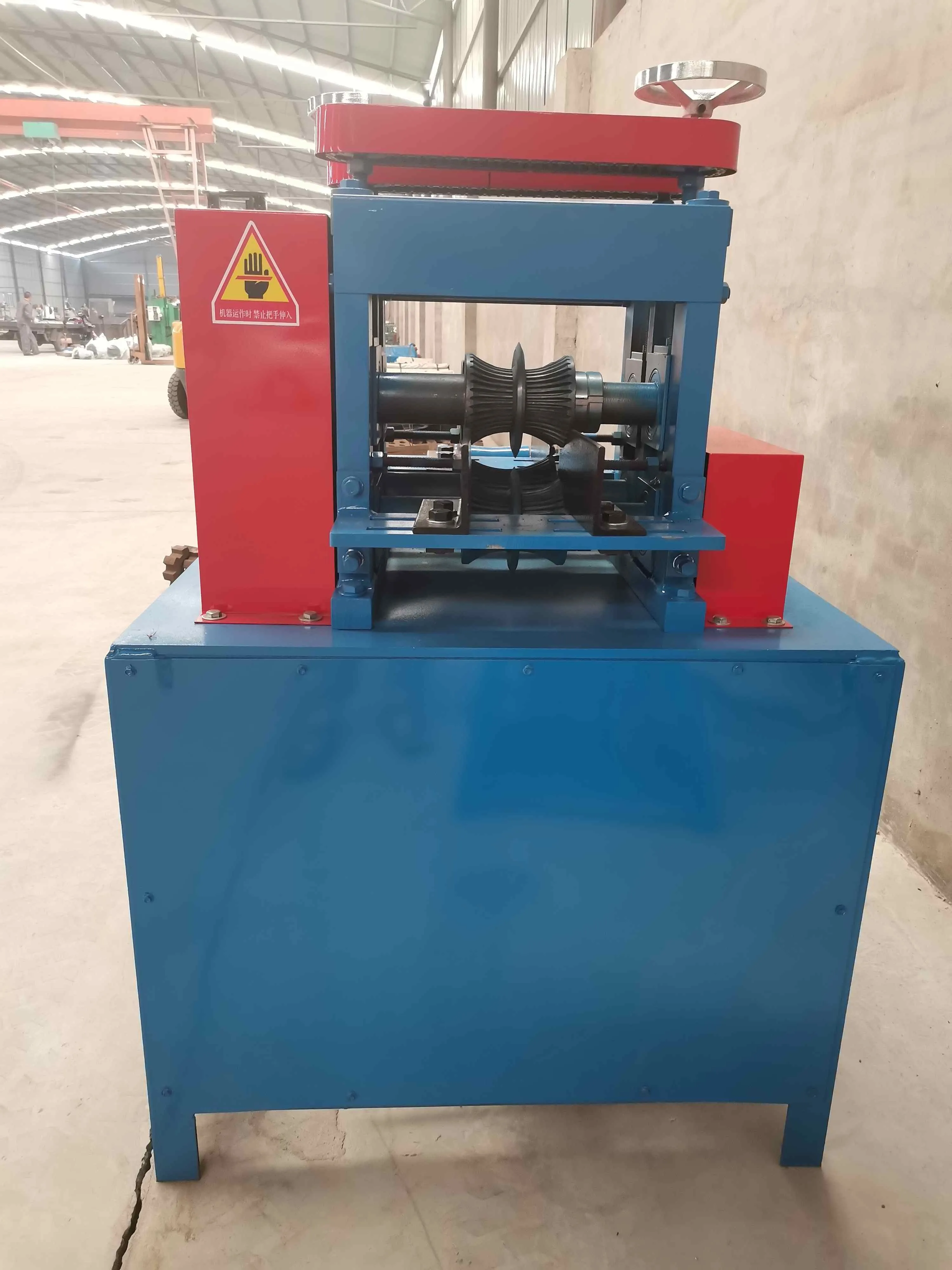

नोभ . 08, 2024 23:40 Back to list
The Importance of Electronic Waste Shredders in Modern Recycling Practices
In today's rapidly advancing technological landscape, electronic devices have become integral to our daily lives. From smartphones to computers, these gadgets have transformed communication, work, and entertainment. However, as technology evolves, so does the life cycle of these electronic devices. When they reach the end of their usability, they often become electronic waste (e-waste), posing significant environmental challenges. This is where electronic waste shredders come into play, serving as a vital tool in effective recycling and waste management.
Understanding Electronic Waste
E-waste refers to discarded electronic devices and components, which often contain hazardous materials such as lead, mercury, and cadmium. Improper disposal of e-waste can lead to severe environmental degradation and health risks. As a response to the growing problem of e-waste, many countries have enacted regulations to ensure safe disposal and recycling processes. This is where electronic waste shredders become essential.
The Role of Electronic Waste Shredders
Electronic waste shredders are specialized machines designed to break down electronic devices into smaller, manageable pieces. This shredding process is crucial for several reasons
1. Hazardous Material Management One of the primary functions of e-waste shredders is to safely process hazardous materials. By shredding electronic devices, harmful substances can be isolated and handled properly, reducing the risk of environmental contamination.
2. Recovery of Valuable Materials Many electronic devices contain valuable metals and components, such as copper, gold, and aluminum. By shredding e-waste, recyclers can efficiently extract these materials for reuse. This not only conserves resources but also reduces the need for mining new materials, making the recycling process both economically and environmentally beneficial.
3. Facilitating Further Processing Shredded e-waste is easier to transport and process further. Once the waste is shredded, it can be sorted using advanced techniques such as air separation, magnetic separation, or eddy current separation. This allows recyclers to maximize the recovery of usable materials and minimize landfill deposits.

4. Enhancing Safety The shredding process helps to mitigate safety risks associated with handling whole electronic devices. By breaking down these devices into smaller pieces, recyclers can prevent potential injuries related to sharp edges, heavy parts, or the accidental discharge of batteries.
Environmental Impact
The positive environmental impact of using electronic waste shredders is substantial. By ensuring that e-waste is processed and recycled properly, shredders help to divert large volumes of waste from landfills. This not only reduces the volume of waste but also minimizes the release of harmful substances into the soil and groundwater.
Furthermore, recycling electronic waste through shredding supports the circular economy, where materials are reused and repurposed rather than discarded. This approach reduces the overall ecological footprint of electronic devices and contributes to a more sustainable future.
Challenges and Considerations
While electronic waste shredders play a critical role in recycling, several challenges must be addressed. The growing volume of e-waste, rapidly changing technology, and the complexity of electronic devices make it increasingly difficult to manage e-waste effectively. Additionally, there is a need for public awareness about the importance of recycling e-waste and proper disposal methods.
Investment in advanced shredding technology and recycling infrastructure is essential to improve efficiency and effectiveness in handling e-waste. Governments, businesses, and individuals must work together to promote e-waste recycling initiatives and adopt more sustainable consumption practices.
Conclusion
In conclusion, electronic waste shredders are essential tools in the quest for effective e-waste management and recycling. They not only help mitigate the environmental impact of electronic waste but also facilitate the recovery of valuable materials. As technology continues to evolve, the importance of proper e-waste disposal and recycling will only increase. By embracing shredders and investing in efficient recycling systems, we can work towards a sustainable future and minimize the environmental footprint of our electronic devices.
Latest news
Troubleshooting Common Eddy Separator Problems
NewsJul.04,2025
The Role of Metal Recycling Plants in Circular Economy
NewsJul.04,2025
The Impact of Recycling Line Pickers on Waste Management Costs
NewsJul.04,2025
Safety Features Every Metal Shredder Should Have
NewsJul.04,2025
How Industrial Shredders Improve Waste Management Systems
NewsJul.04,2025
How Cable Granulators Contribute to Sustainable Recycling
NewsJul.04,2025